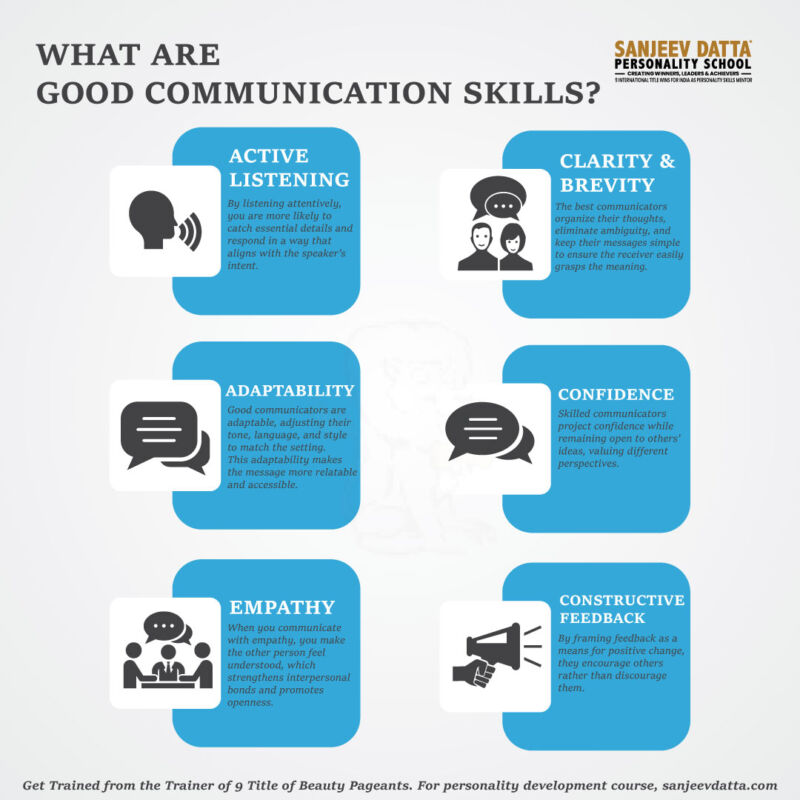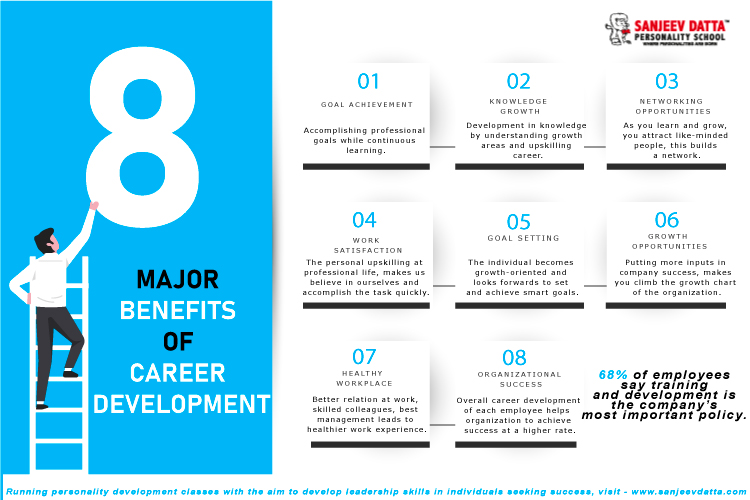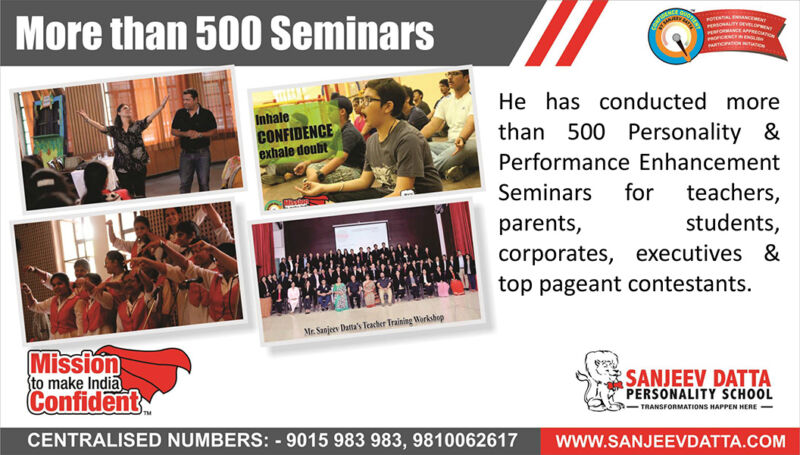Employers across industries are increasingly recognizing that soft skills in workplace settings are just as vital—if not more so—than hard skills. These intangible attributes influence how individuals communicate, collaborate, adapt, and ultimately thrive in their careers. From effective teamwork to emotional resilience and leadership potential, soft skills are what truly differentiate high performers in competitive corporate ecosystems. Whether an employee is just starting out or climbing the leadership ladder, soft skills form the invisible thread that weaves together professional relationships, productivity, and growth.
This comprehensive article explores the top soft skills in workplace environments, detailing their significance, real-world applications, and how to nurture them for long-term success. Organizations may hire for hard skills, but they retain and promote for soft skills. Mastering these competencies is not just a personal advantage—it’s a career necessity.
- Communication Skills
Why It Matters?
Effective communication is the cornerstone of any successful organization. It encompasses verbal, non-verbal, and written interactions and includes both speaking and listening.
Key Elements
- Active listening
- Clear articulation
- Empathy in communication
- Non-verbal cues (body language, tone, facial expressions)
Impact in the Workplace
Employees with strong communication skills foster better teamwork, reduce misunderstandings, and build trust among colleagues and clients. Clear communication also enhances efficiency and reduces costly errors.

- Emotional Intelligence (EQ)
Why It Matters
Emotional intelligence refers to the ability to understand, manage, and express one’s own emotions, as well as recognize and influence the emotions of others.
Core Components
- Self-awareness
- Self-regulation
- Social skills
- Empathy
- Motivation
Impact in the Workplace
Professionals with high EQ navigate social complexities with ease, resolve conflicts constructively, and maintain composure under stress. In leadership, emotional intelligence is often the key differentiator between a good manager and a great one.
Visit: are intelligent people risk averse
- Teamwork and Collaboration
Why It Matters?
Workplaces are increasingly collaborative. The ability to work well in teams, share ideas, and support colleagues is vital in achieving common goals.
Traits of a Team Player
- Cooperation
- Accountability
- Flexibility
- Constructive feedback
Impact in the Workplace
Employees who collaborate effectively contribute to a positive work culture, higher project success rates, and innovation through shared ideas.
- Adaptability and Flexibility
Why It Matters?
In an era marked by constant technological change and evolving market dynamics, adaptability is essential. It reflects an individual’s ability to pivot, learn, and remain productive in uncertain or changing environments.
How It Shows Up?
- Willingness to learn new tools or systems
- Comfort with ambiguity
- Ability to multitask and shift priorities
Impact in the Workplace
Adaptable employees help organizations remain competitive and resilient, especially during crisis situations or digital transformation efforts.
- Problem-Solving Skills
Why It Matters?
Workplaces encounter challenges daily. Employees who can analyze issues, think critically, and generate solutions are highly valued.
Steps in Effective Problem Solving
- Identifying the issue
- Researching and analyzing data
- Brainstorming possible solutions
- Implementing and evaluating the best option
Impact in the Workplace
Strong problem-solving skills reduce dependency on managers, increase autonomy, and drive innovation and efficiency. Enroll now in our personality development training and unlock the mindset, communication, and leadership tools to thrive in today’s professional world.

- Time Management
Why It Matters?
Time is one of the most valuable resources in business. Professionals who can manage their schedules effectively deliver higher productivity with less stress.
Key Time Management Techniques
- Prioritization (Eisenhower Matrix, ABCDE method)
- Goal setting (SMART goals)
- Task delegation
- Avoiding procrastination
Impact in the Workplace
Proper time management improves workflow, meets deadlines, and maintains work-life balance—ultimately preventing burnout.

- Critical Thinking
Why It Matters?
Critical thinking is the ability to evaluate information objectively, identify biases, and make reasoned decisions.
Skills Involved
- Analytical reasoning
- Logical evaluation
- Objective analysis
- Strategic thinking
Impact in the Workplace
Critical thinkers enhance strategic decision-making and help organizations avoid costly mistakes driven by assumptions or emotional reasoning.
Visit: psychology of career stagnation
- Leadership and Influence
Why It Matters?
Leadership is not confined to management roles. Influential employees at all levels inspire others, build trust, and drive performance.
Leadership Qualities
- Visionary thinking
- Integrity
- Decision-making ability
- Delegation and mentorship
Impact in the Workplace
Strong leadership drives team cohesion, improves morale, and ensures alignment with organizational goals.
- Conflict Resolution
Why It Matters?
Conflicts are inevitable in any professional setting. The ability to resolve disputes fairly and constructively is essential for a healthy workplace.
Effective Conflict Resolution Tactics
- Active listening
- Remaining neutral and objective
- Encouraging open dialogue
- Seeking win-win outcomes
Impact in the Workplace
Conflict resolution skills prevent minor issues from escalating, reduce workplace stress, and promote unity and cooperation.
- Work Ethic and Professionalism
Why It Matters?
Work ethic reflects a commitment to excellence, accountability, and continuous improvement. It’s about doing the right thing—even when no one is watching.
Attributes of Strong Work Ethic
- Reliability
- Discipline
- Ownership
- Ethical behavior
Impact in the Workplace
A strong work ethic builds credibility, enhances career progression, and contributes to organizational reputation and trust. Join our personality development classes and gain lifelong skills to succeed in both personal and professional arenas.

- Creativity and Innovation
Why It Matters?
Creativity isn’t limited to artists or designers. It’s the ability to generate fresh ideas, improve existing systems, and find new ways to solve problems.
How Creativity Manifests?
- Thinking outside the box
- Embracing experimentation
- Challenging the status quo
Impact in the Workplace
Creative thinkers fuel innovation, improve products and services, and drive competitive advantage.
- Networking and Relationship Building
Why It Matters?
Strong professional networks can unlock opportunities, provide support, and increase visibility within and outside the organization.
Networking Skills
- Approaching people with confidence
- Maintaining relationships
- Offering value, not just asking for favors
Impact in the Workplace
Effective networking leads to stronger collaborations, mentorship opportunities, and broader career advancement paths.

- Decision-Making Ability
Why It Matters?
Sound decision-making impacts every level of a business. Whether minor or major, decisions shape operations, morale, and financial outcomes.
Good Decision-Makers Exhibit
- Analytical mindset
- Emotional control
- Risk assessment capabilities
- Accountability
Impact in the Workplace
Good decisions lead to better outcomes, reduced conflict, and efficient use of resources.
Visit: tips for power dressing
- Positive Attitude
Why It Matters?
A positive attitude boosts morale, enhances teamwork, and helps individuals navigate workplace challenges with resilience.
Attributes of a Positive Attitude
- Optimism
- Gratitude
- Constructive mindset
- Encouraging others
Impact in the Workplace
Positivity is contagious. It improves employee engagement, supports a healthy culture, and fosters innovation.
- Active Listening
Why It Matters?
Listening is more than hearing. It’s about fully understanding what’s being said and responding appropriately.
Active Listening Techniques
- Eye contact
- Paraphrasing
- Asking clarifying questions
- Avoiding interruptions
Impact in the Workplace
Active listening enhances trust, reduces miscommunication, and improves team collaboration.
Conclusion: Why Soft Skills in Workplace Matter More Than Ever
In today’s rapidly evolving professional landscape, technical know-how alone is not enough to succeed. The true differentiators are the interpersonal and emotional attributes that define how individuals engage with colleagues, solve problems, and contribute to organizational goals. The soft skills in workplace settings are not just beneficial—they are foundational.
From communication and collaboration to leadership and time management, these skills determine not only how well a person performs but also how effectively they grow, inspire, and lead others. As automation advances and industries evolve, the human-centric skills that machines cannot replicate will continue to define long-term career success.
To build a successful career in any field, one must constantly invest in developing these essential soft skills. Whether you are a student, a working professional, or an aspiring leader, honing these competencies will transform not just your performance but also your overall potential.


